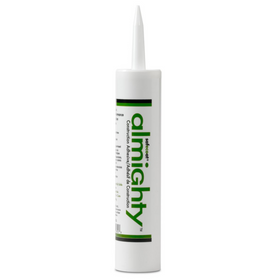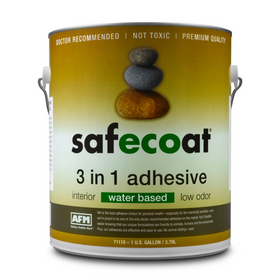
Five Tips to Reduce Your Household Waste Stream
Last Updated: Mar 17, 2025The average household in the United States produces an astounding 40 pounds of garbage each week. While recycling rates around the country have been slowly and steadily increasing, less than one-fourth of all solid trash in the United States is either recycled or composted. In comparison, European countries such as Germany, Austria, and the Netherlands send virtually none of their citizens' trash to the landfill as between 60 and 70% of their trash is composted or recycled while the remaining 30-40% is used to produce energy for their electric grid.
Increasing access to recycling programs should be a national goal for America, and every family can participate in this goal by creating a backyard compost pile or worm-composting bin in order to turn their organic waste into fertile topsoil. As kitchen leftovers, yard clippings, and other sources of organic waste that make their way to landfills across the country, large amounts of methane are released as they decompose among the plastics, glass, and other sources of inorganic trash. Methane gas is 28 times more potent for climate change than carbon dioxide. The landfills in the United States released around 130 million metric tons of methane in 2010, which was almost triple that of any other country.
While learning to recycle and compost should be at the top of the list for every family that cares about sustainability and environmental responsibility, finding ways to reduce the amount of trash that flows through our homes is another important step in making our homes ecologically sensible. Below, we offer five tips to help drastically reduce the waste stream associated with your household.
Table of Contents
- Do Not Send Your Yard Waste to the Landfill
- Get Rid of Disposable Kitchenware
- BYOB: Bring Your Own Bag
- Cancel Your Junk Mail
- Make a Meal Plan

Do Not Send Your Yard Waste to the Landfill
During the fall time, it is customary to see street curbs lined with large plastic trash bags filled to the brim with leaves that have fallen from the leaves. During certain times of the year, yard waste can represent anywhere between 35 and 40% of the total waste stream, and all of that organic waste will decompose in landfills and produce large amounts of methane gas while also potentially contributing to smog levels in urban areas.
Fortunately, some towns and municipalities around the country are putting bans on yard waste at landfills. At the same time, the number of composting operations around the country has increased from 1,000 to over 3,500 in recent years, and much of the waste that is composted at these sites is yard waste.
Even if you do not have a municipal composting operation that accepts yard waste, you can avoid sending bags of brown leaves and grass clippings to your landfill by using your yard waste as mulch. A small wood chipper or leaf shredder will turn those huge amounts of leaves, twigs, and other yard waste into a rich mulch that you can spread around the trees in your yard. Instead of purchasing commercial mulch from a landscaping country, you can make your own while also helping to limit the amount of waste your household sends to the landfill.

Get Rid of Disposable Kitchenware
During the past 30 years, the United States has reduced the number of disposable plates and cups (plastic and Styrofoam) by over 700%. While this certainly represents a positive trend, there is still an enormous amount of disposable kitchenware waste that makes its way to our landfills every year. We collectively toss about how 3,000 tons of paper towels into the trash each year, and around 73 billion Styrofoam cups and plates are thrown into the trash each year. Disposable plastics as a whole amount to six million tons of single-use plastic trash that eventually end up in landfills around the country.
While no one enjoys having to wash an endless stream of dishes after a huge meal, single-use plastic and Styrofoam plates, cups, and silverware are a major source of trash for the average American household. Consider investing in an Energy Star dishwasher that will help reduce the amount of time you spend washing dishes while limiting your dependence on disposable kitchenware and simultaneously making your home more energy-efficient.

Make a Meal Plan
The United States Department of Agriculture estimates that between 30 and 40% of all food prepared in the country is wasted, leading to around 133 billion pounds of food waste annually. As mentioned above, this organic waste contributes to large amounts of greenhouse gas emissions in landfills.
While you can compost much of the food waste that exits from your kitchen and dining table, you can also reduce the amount of food waste produced by your household by simply making a weekly meal plan. A meal plan will help you determine how much food your household needs on a weekly basis, and thus avoid filling up your refrigerators with leftovers that eventually are thrown out.
These five simple tips will go a long way to help you drastically reduce the amount of waste your household produces. Not only will this help the environment, but it should also help you and your family save money in the long run.
Tobias Roberts
Tobias runs an agroecology farm and a natural building collective in the mountains of El Salvador. He specializes in earthen construction methods and uses permaculture design methods to integrate structures into the sustainability of the landscape.












